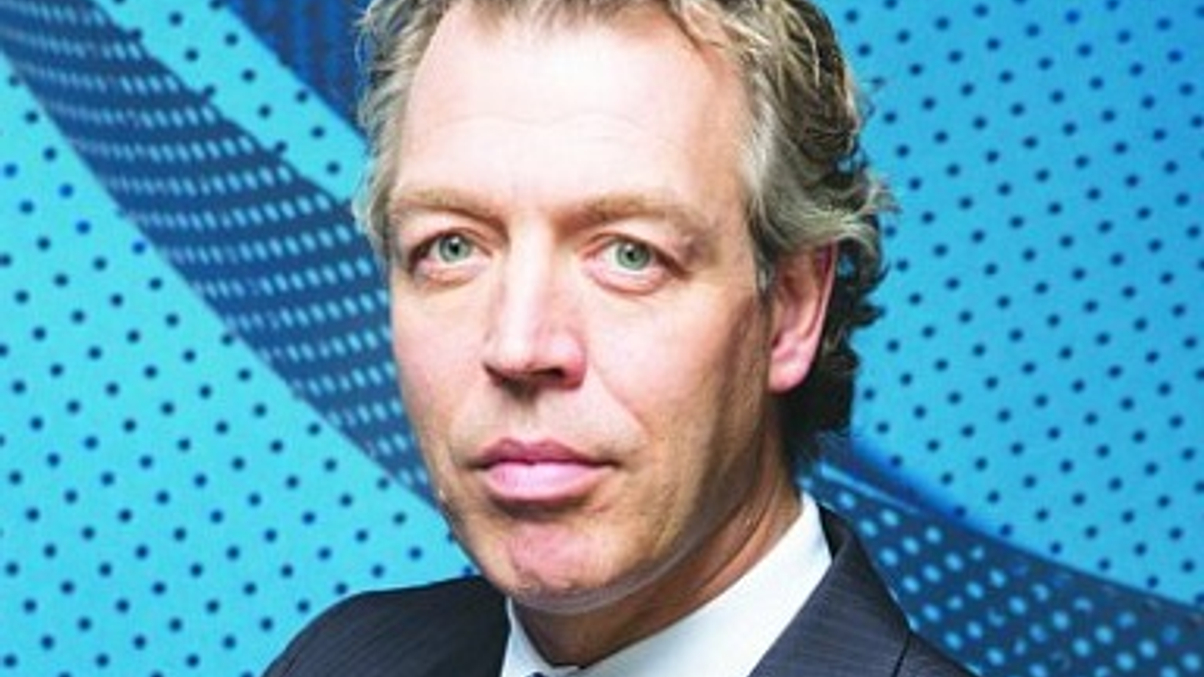HK SFC consulting on fund sales models: sources
Amid a consultation in Hong Kong on fee structures for fund sales, which sources say started last month, industry executives discuss the impact of changes in this area, including in Europe.

Regulators in Hong Kong have started consulting with asset managers and distributors with a view to putting in rules or guidelines around a more transparent fee structure for investment funds, according to sources.
Sign in to read on!
Registered users get 2 free articles in 30 days.
Subscribers have full unlimited access to AsianInvestor
Not signed up? New users get 2 free articles per month, plus a 7-day unlimited free trial.
¬ Haymarket Media Limited. All rights reserved.


